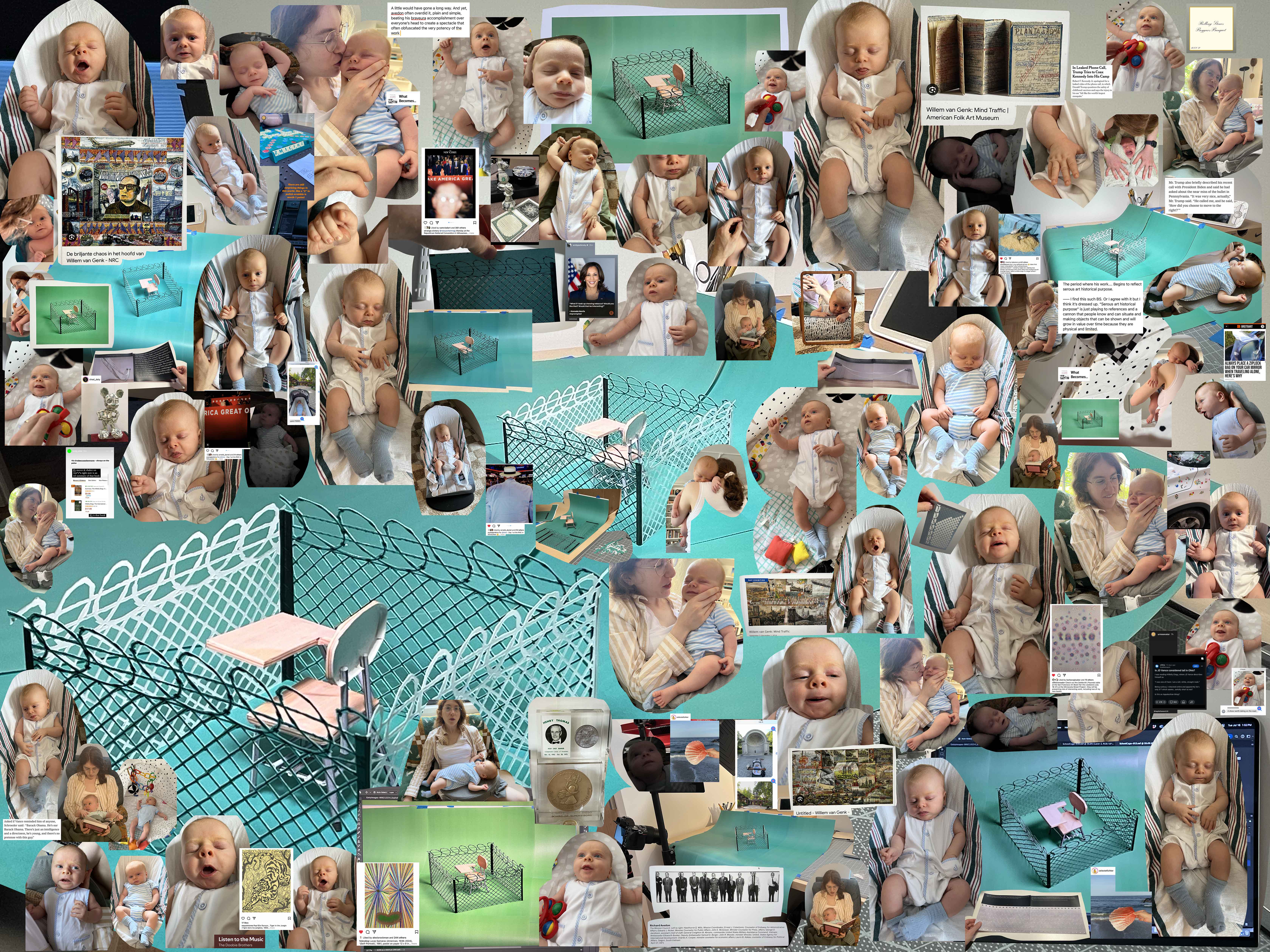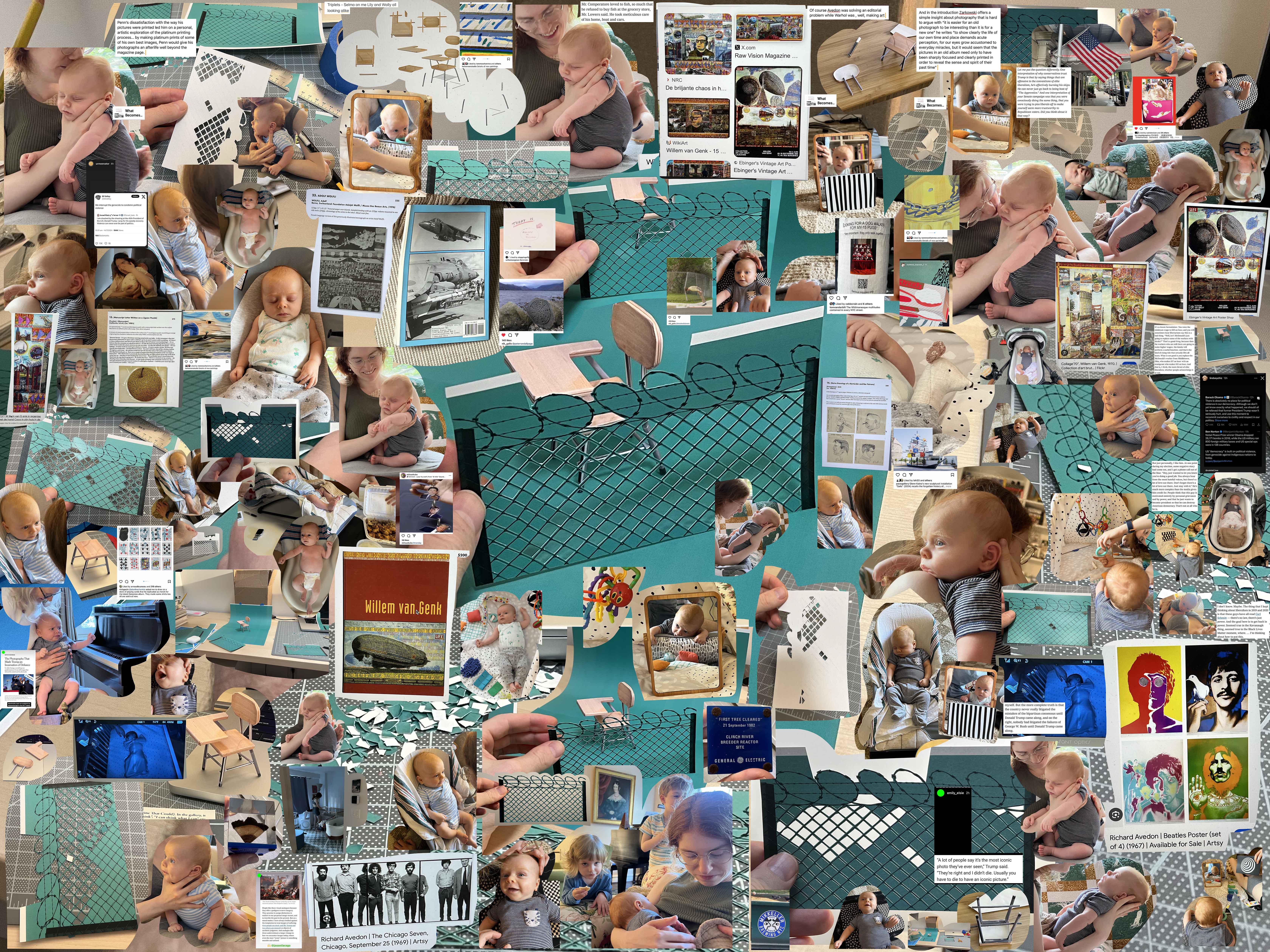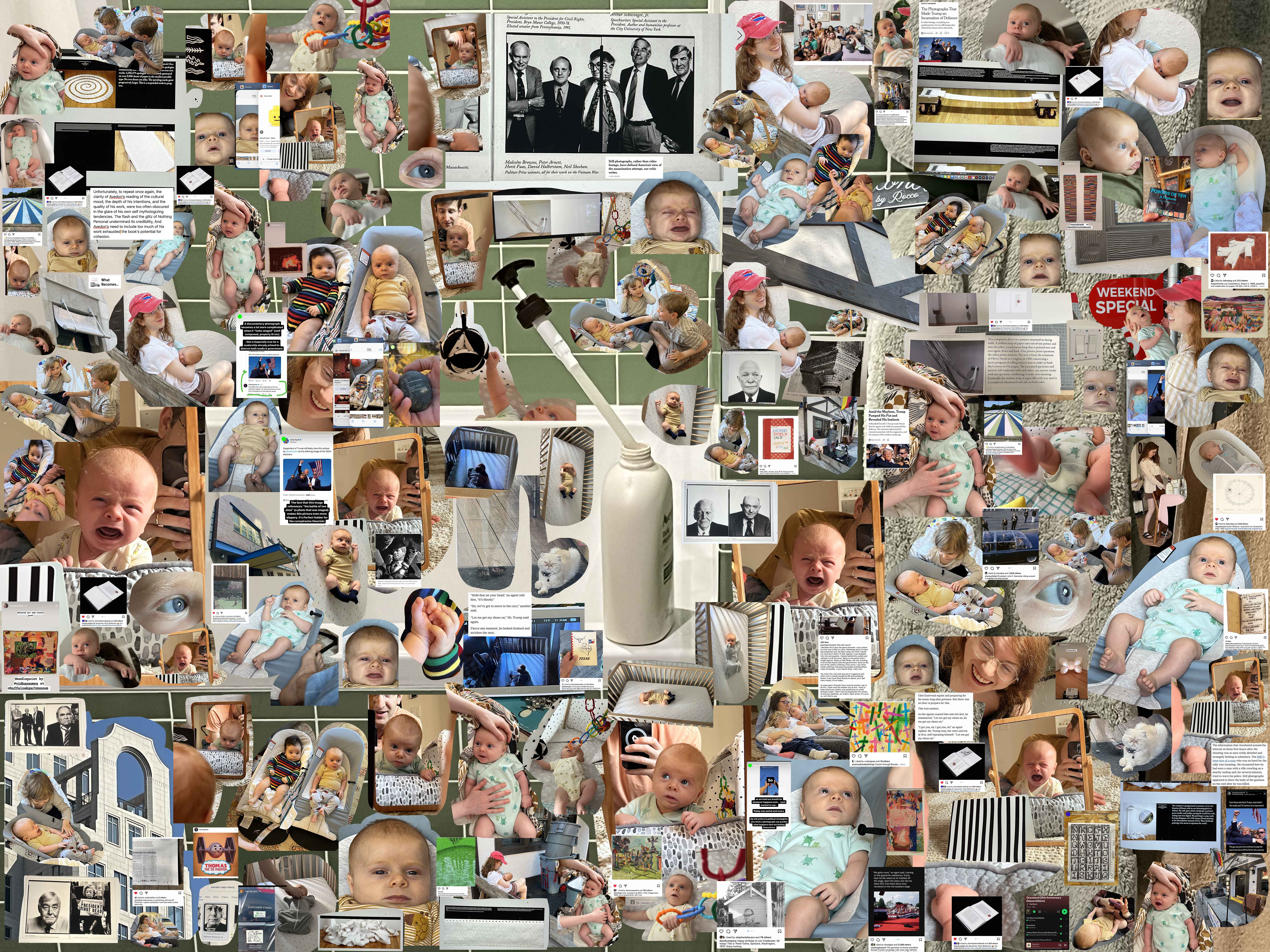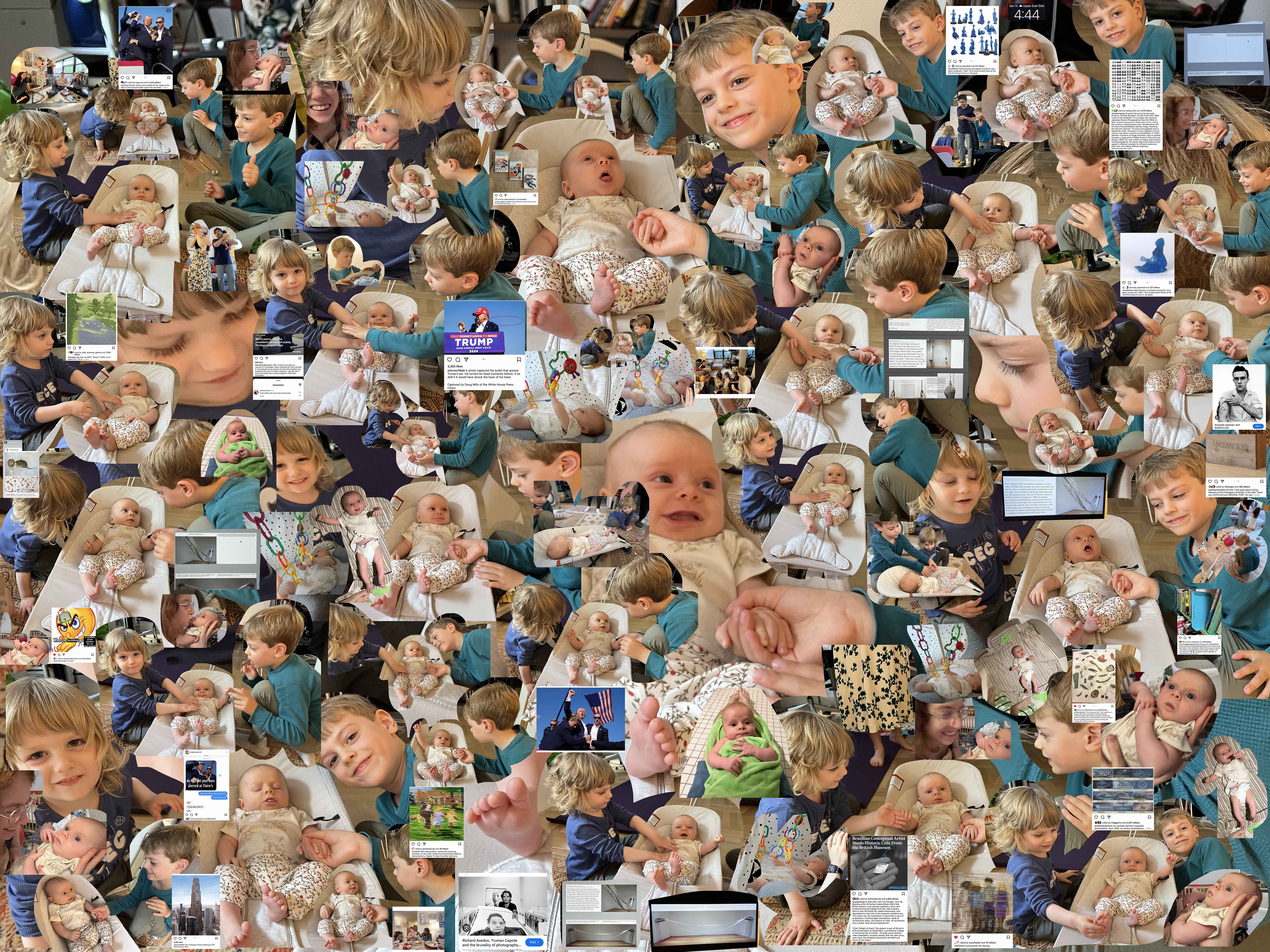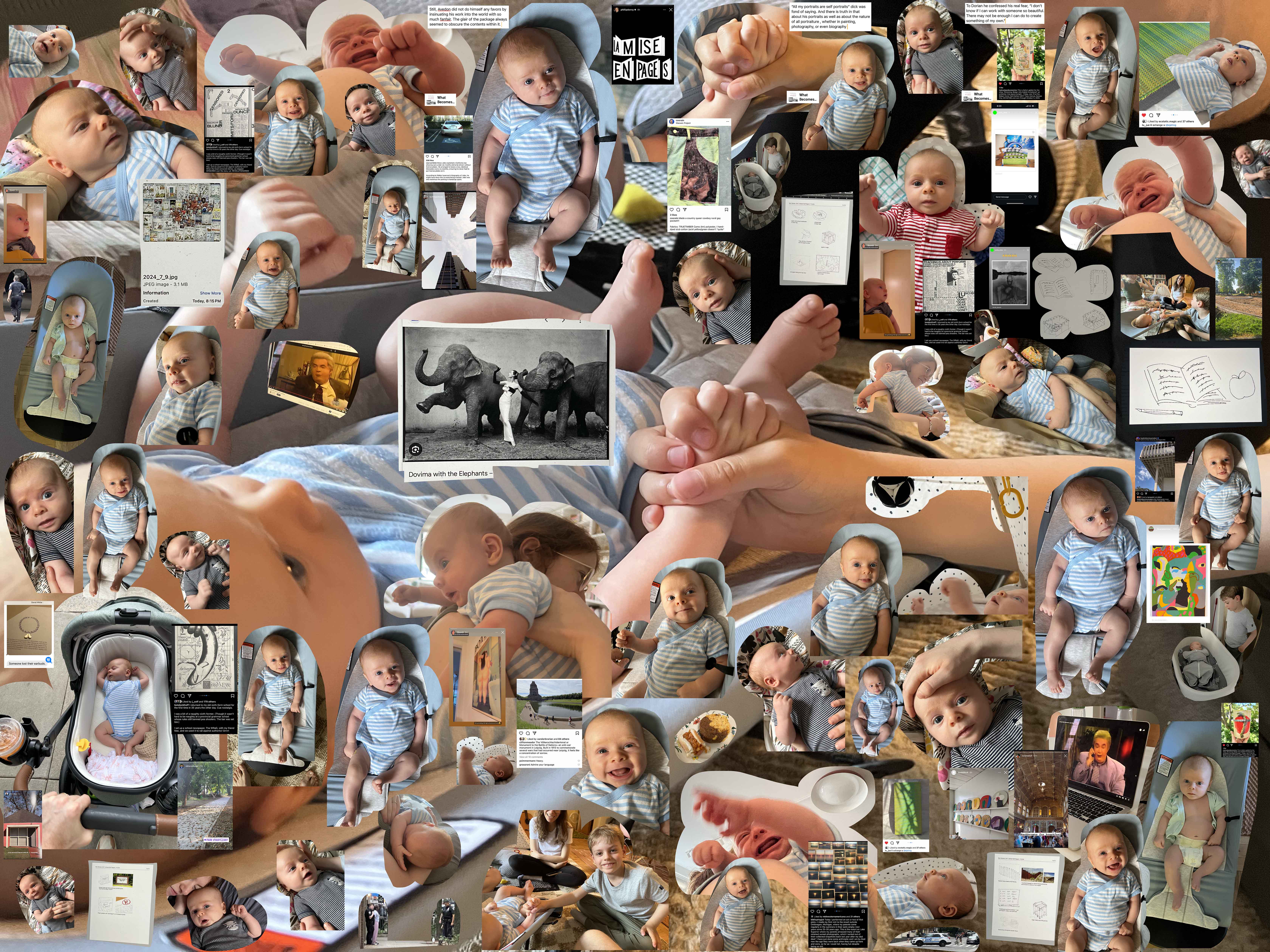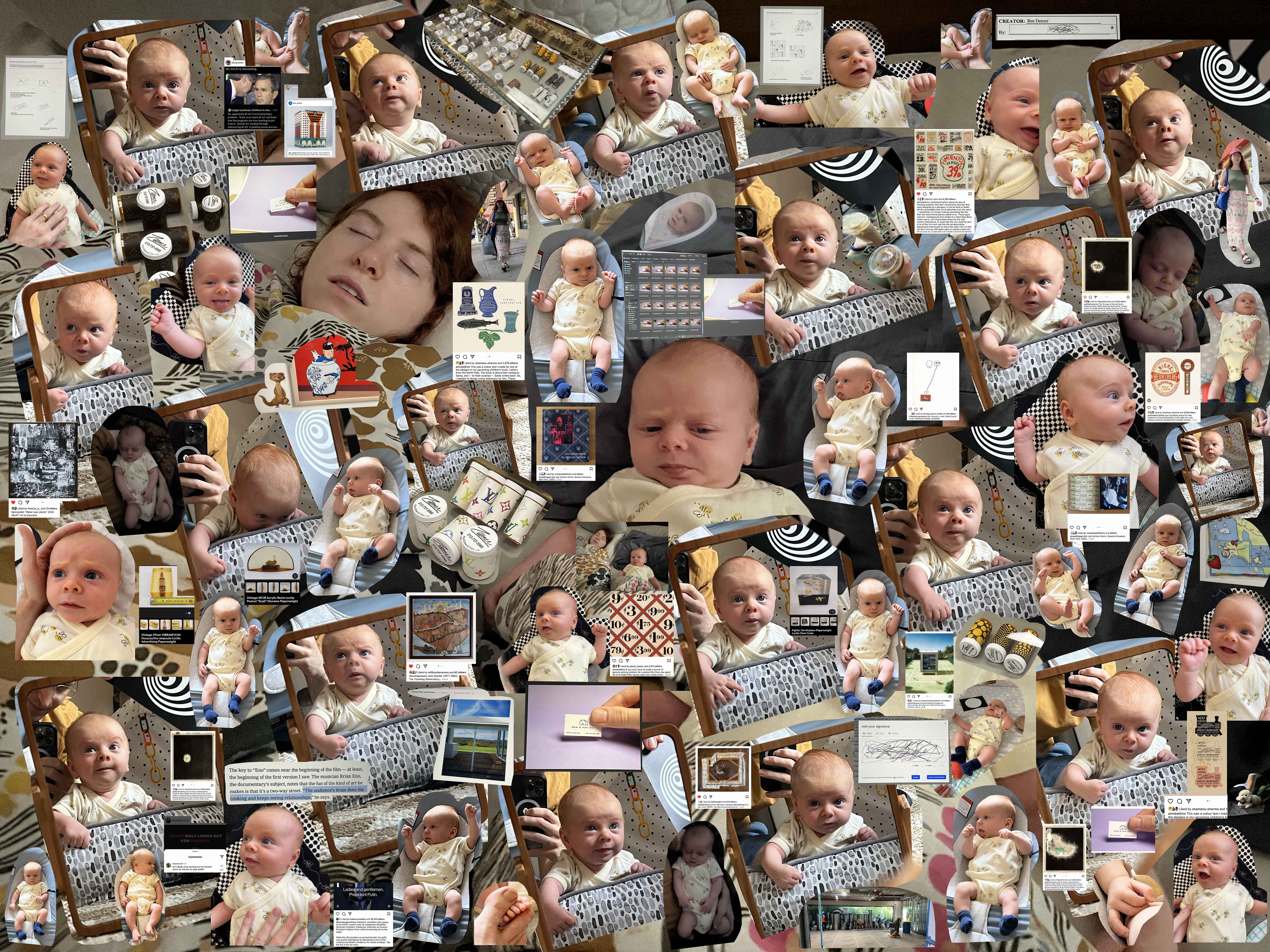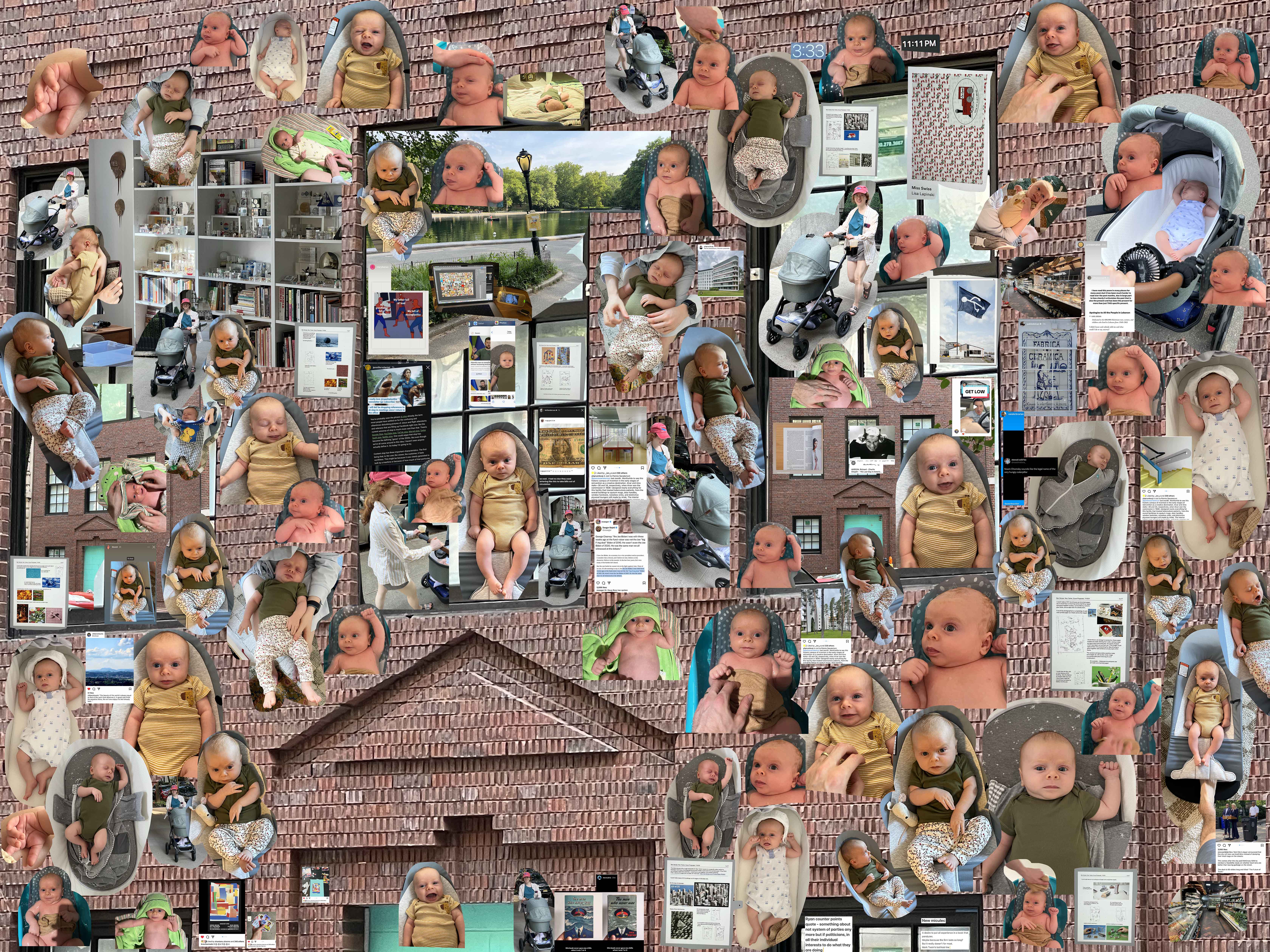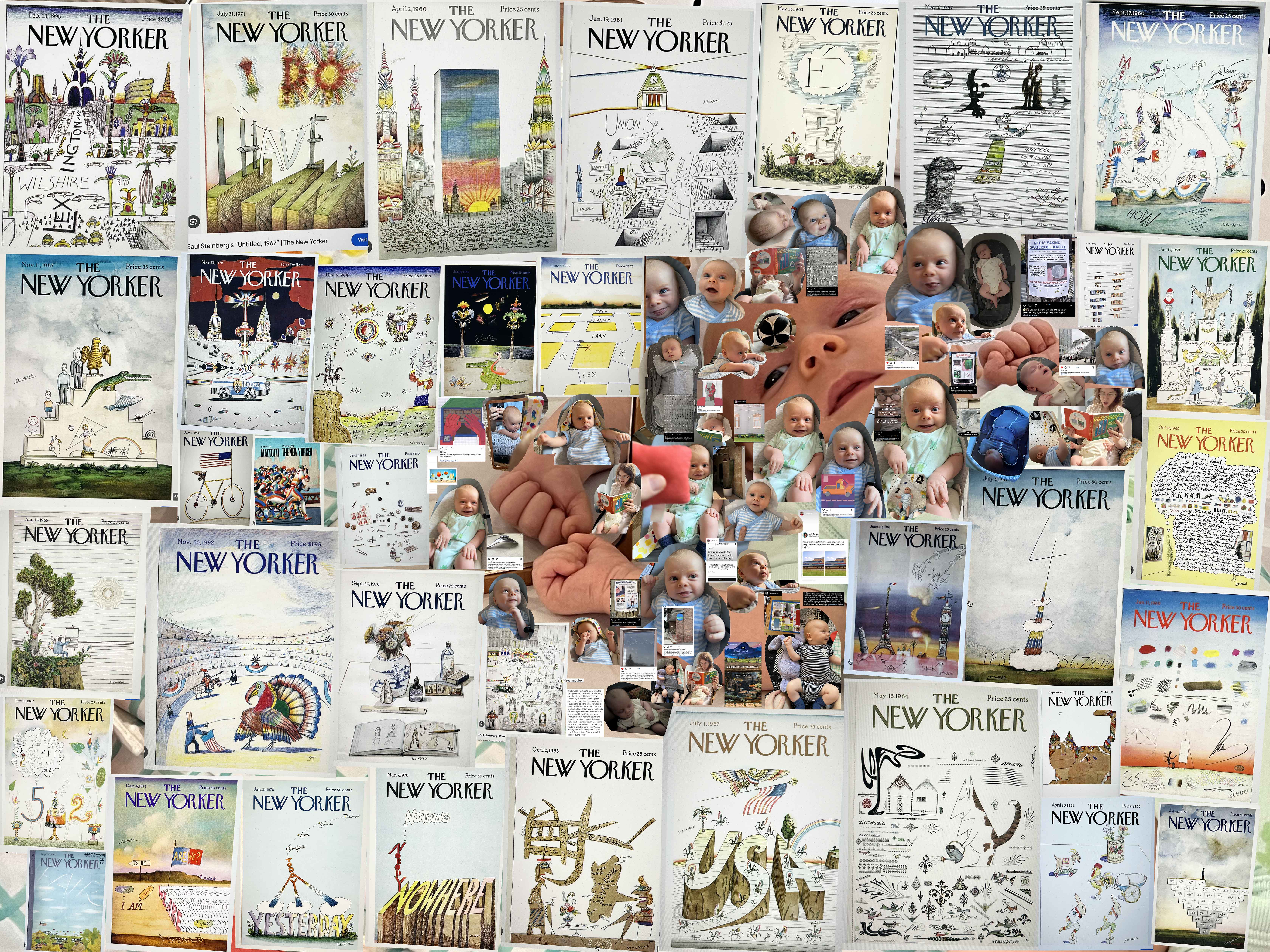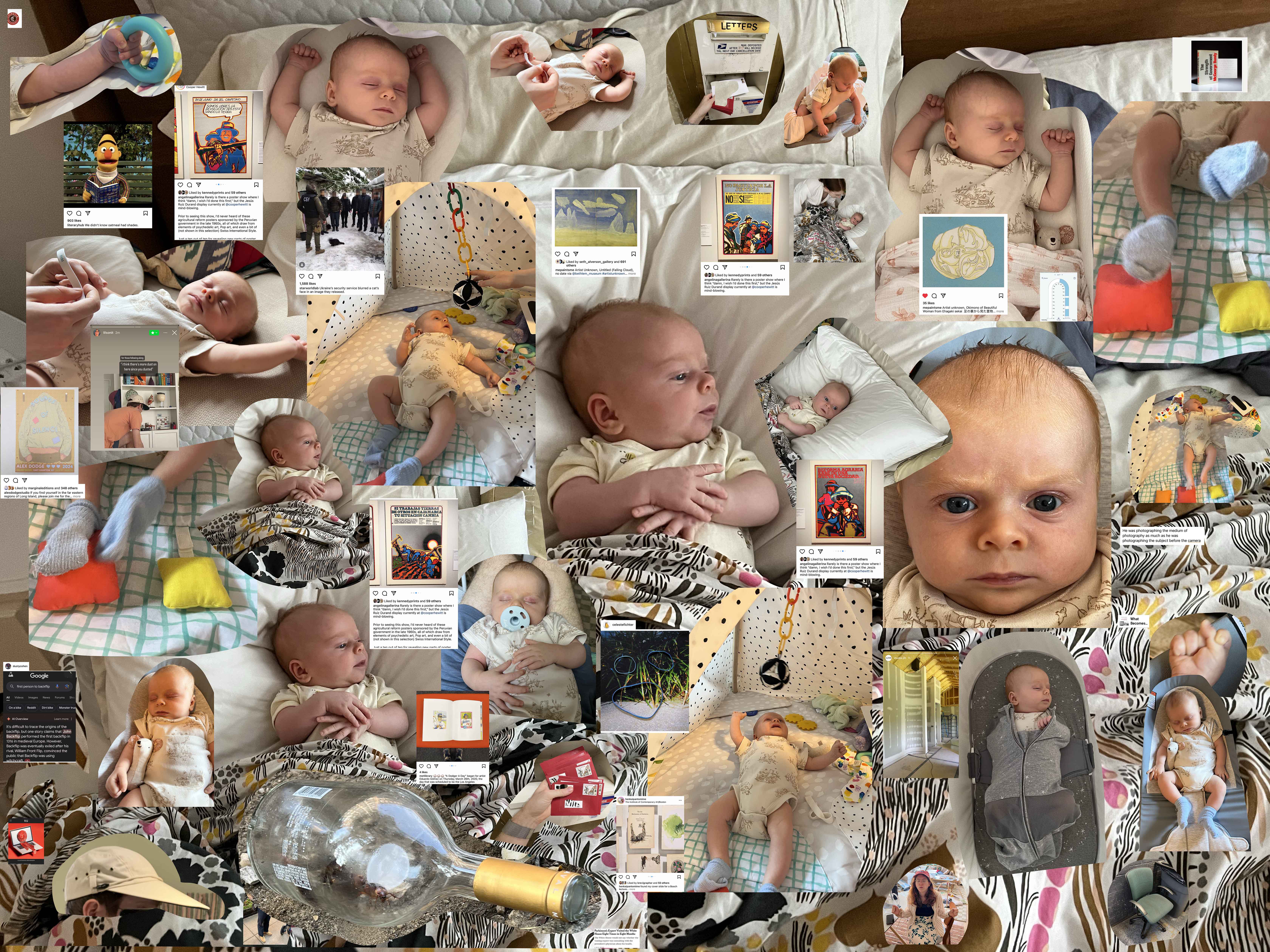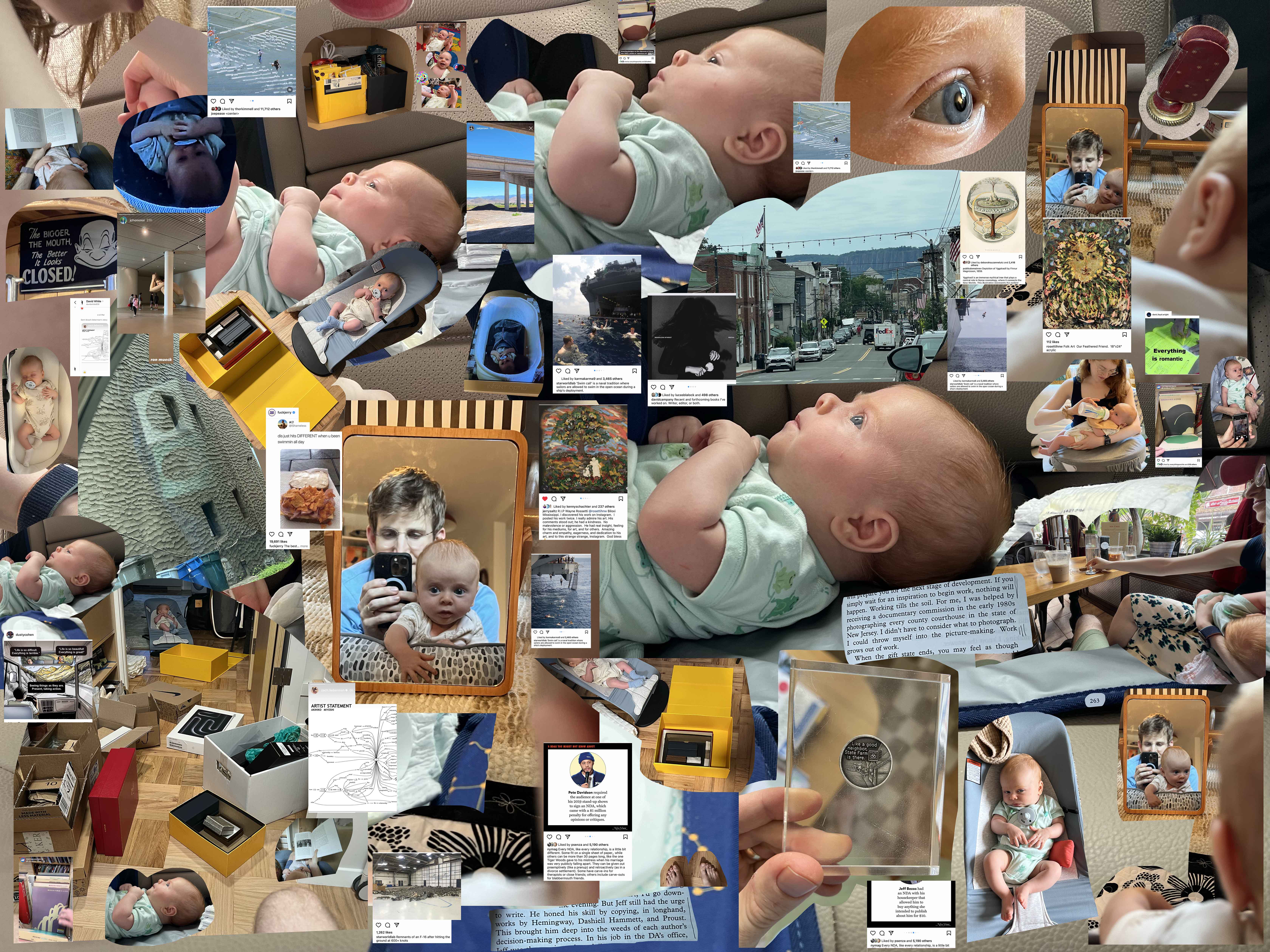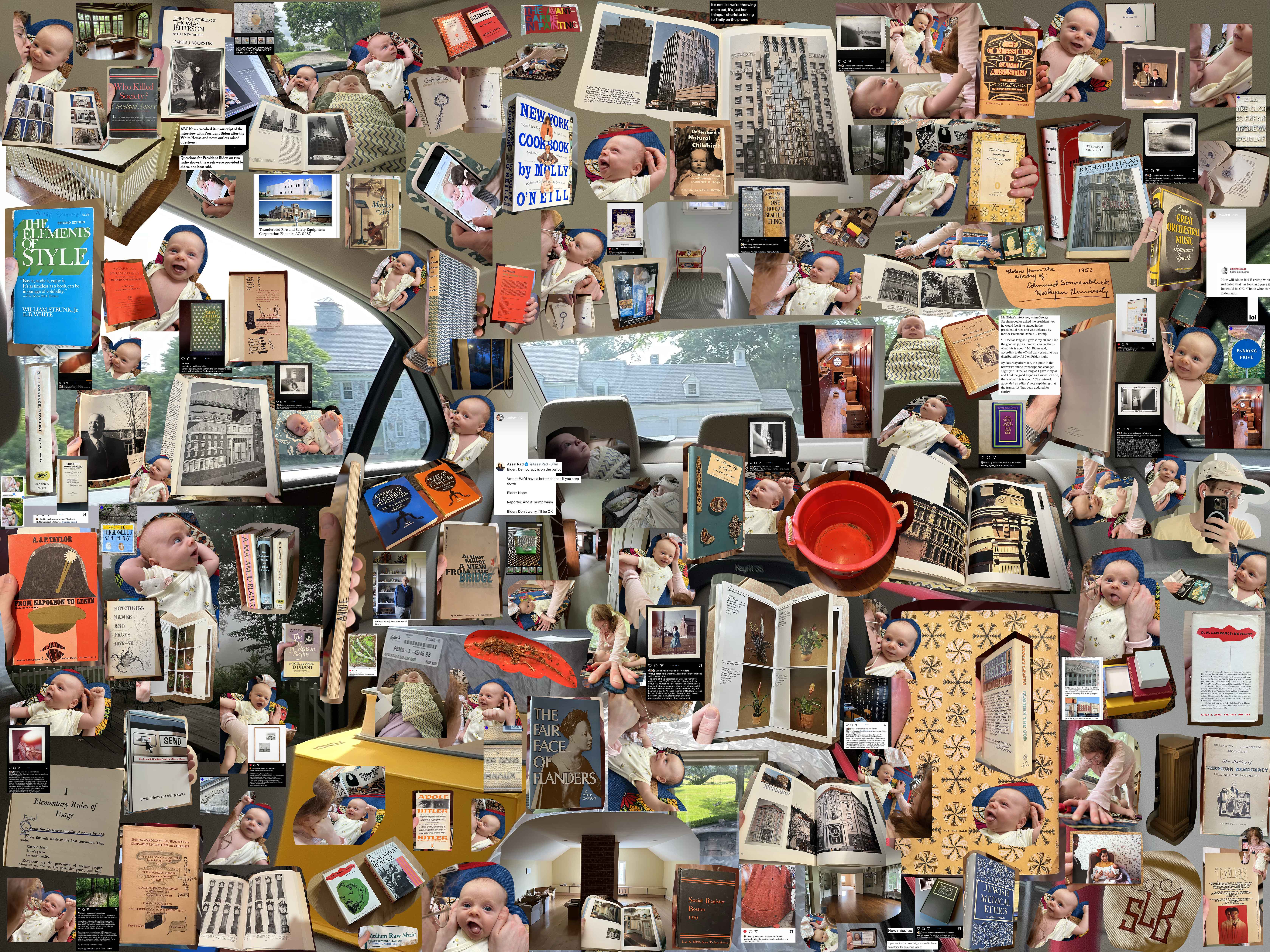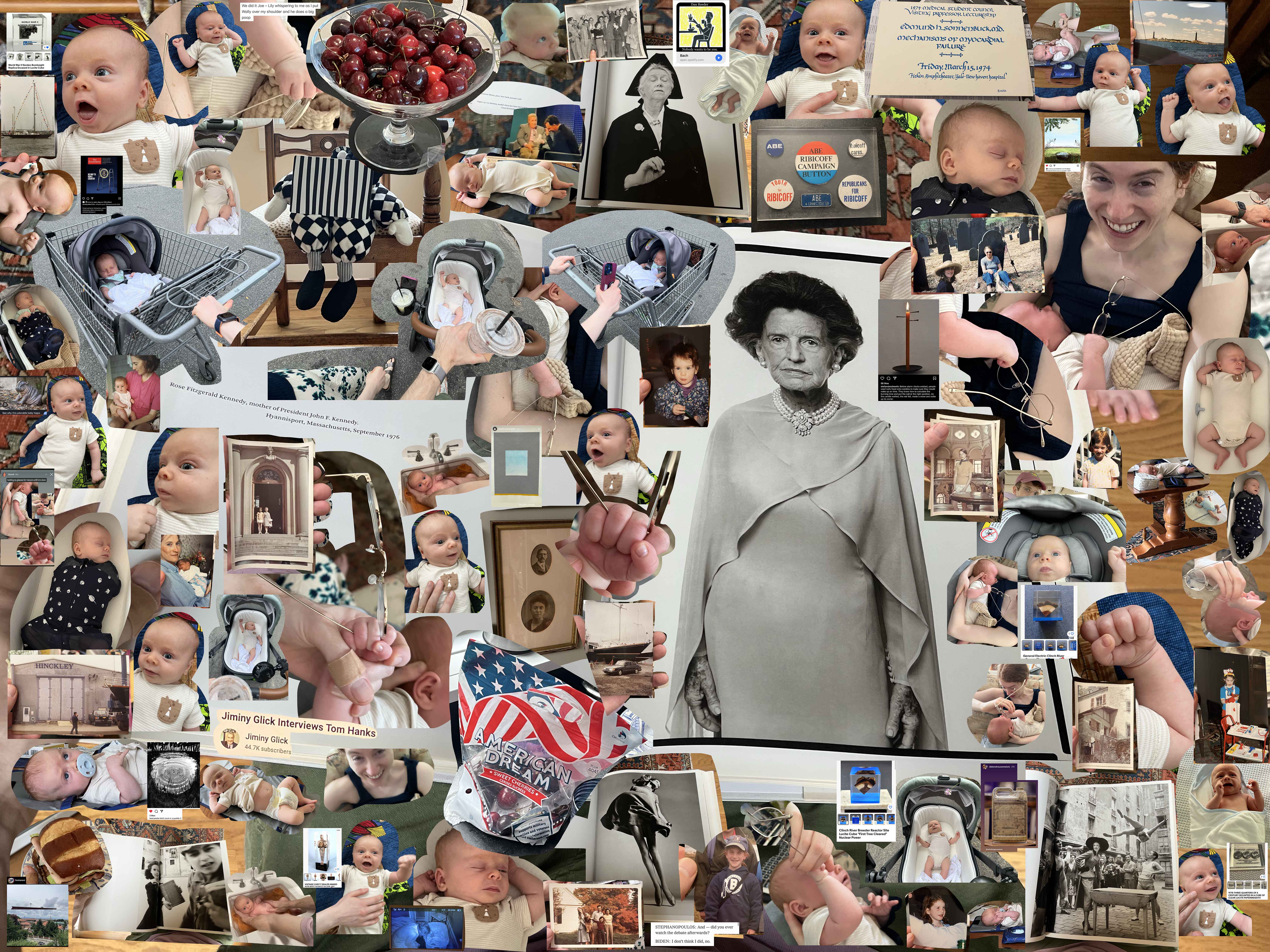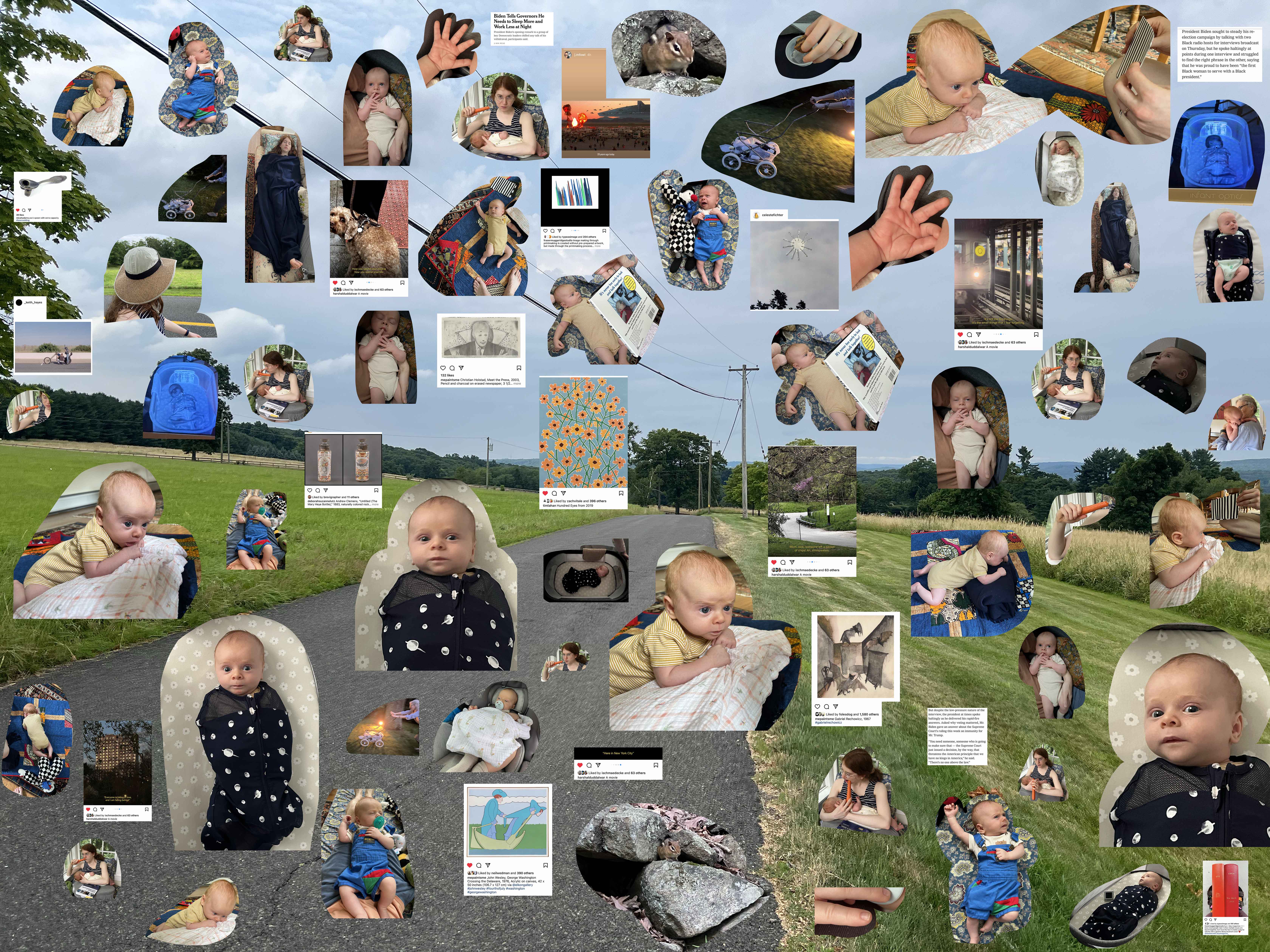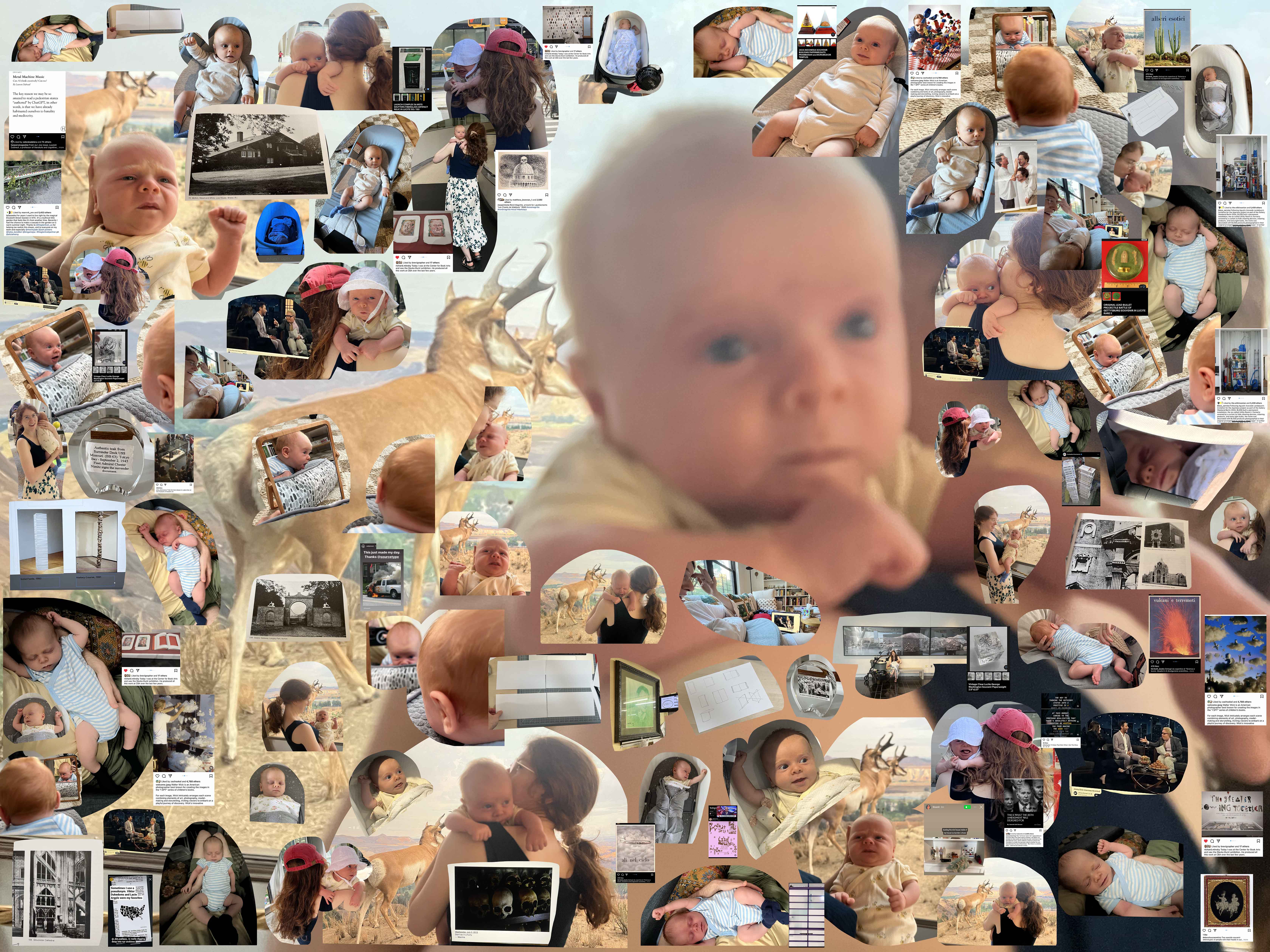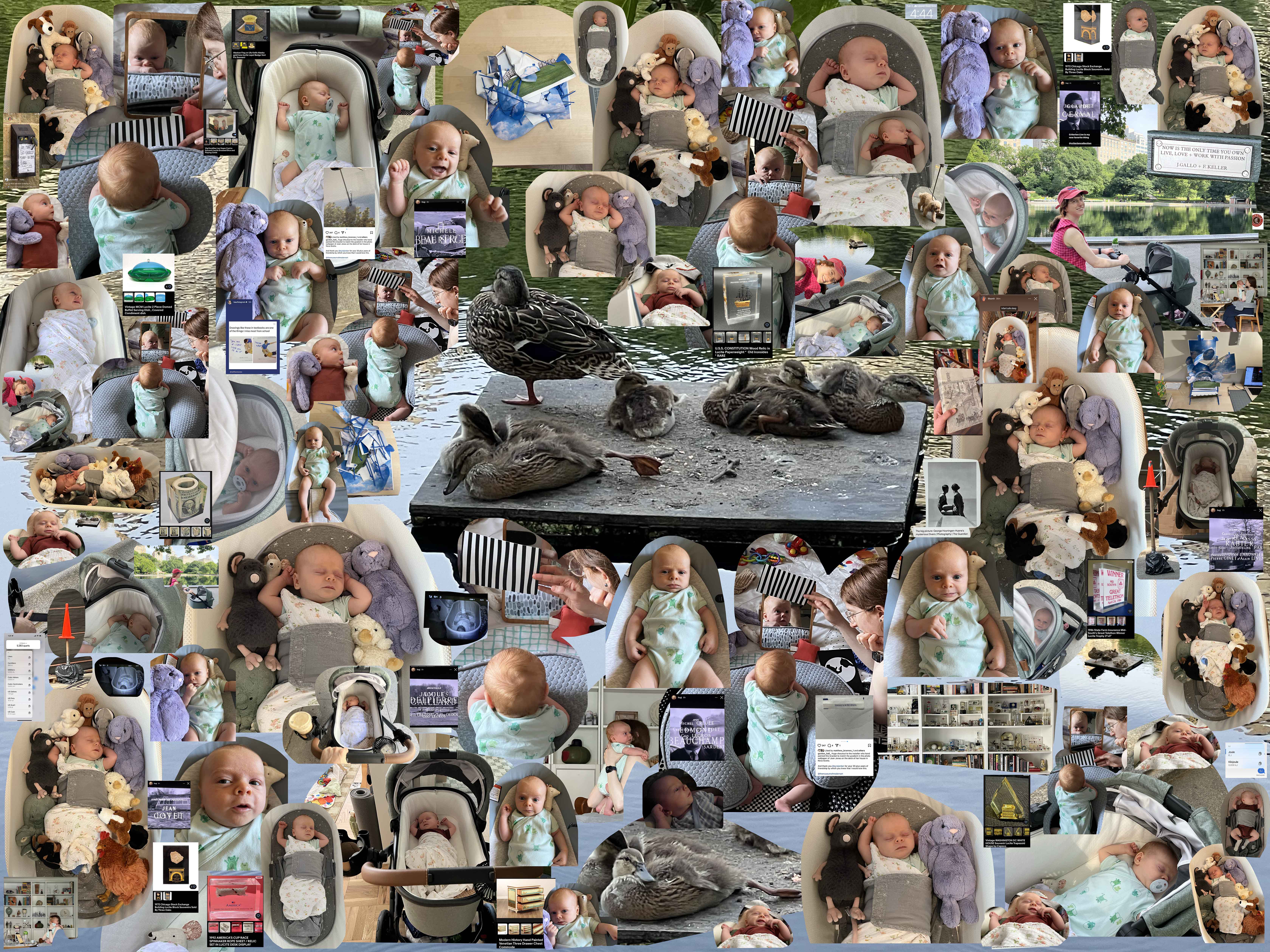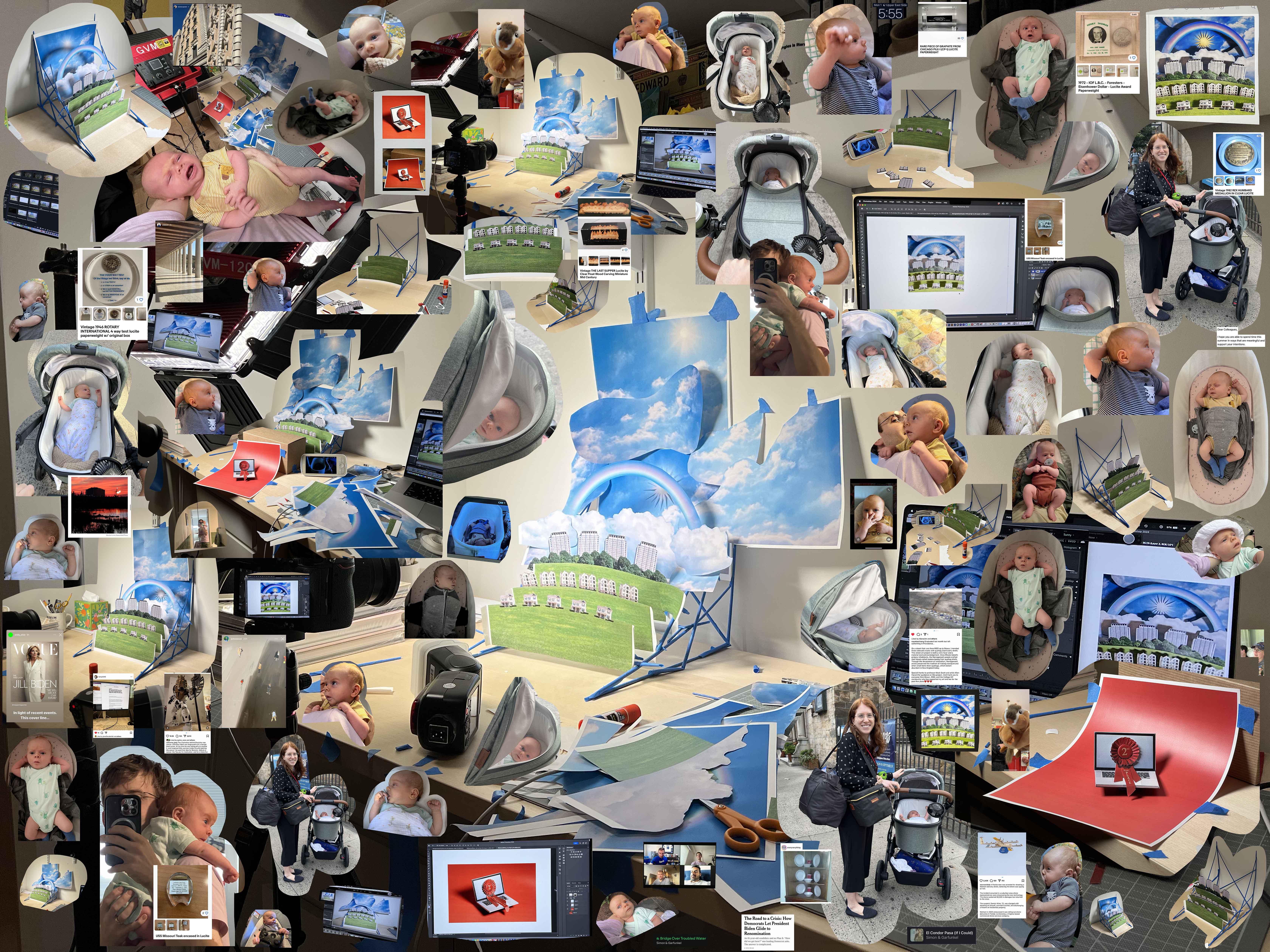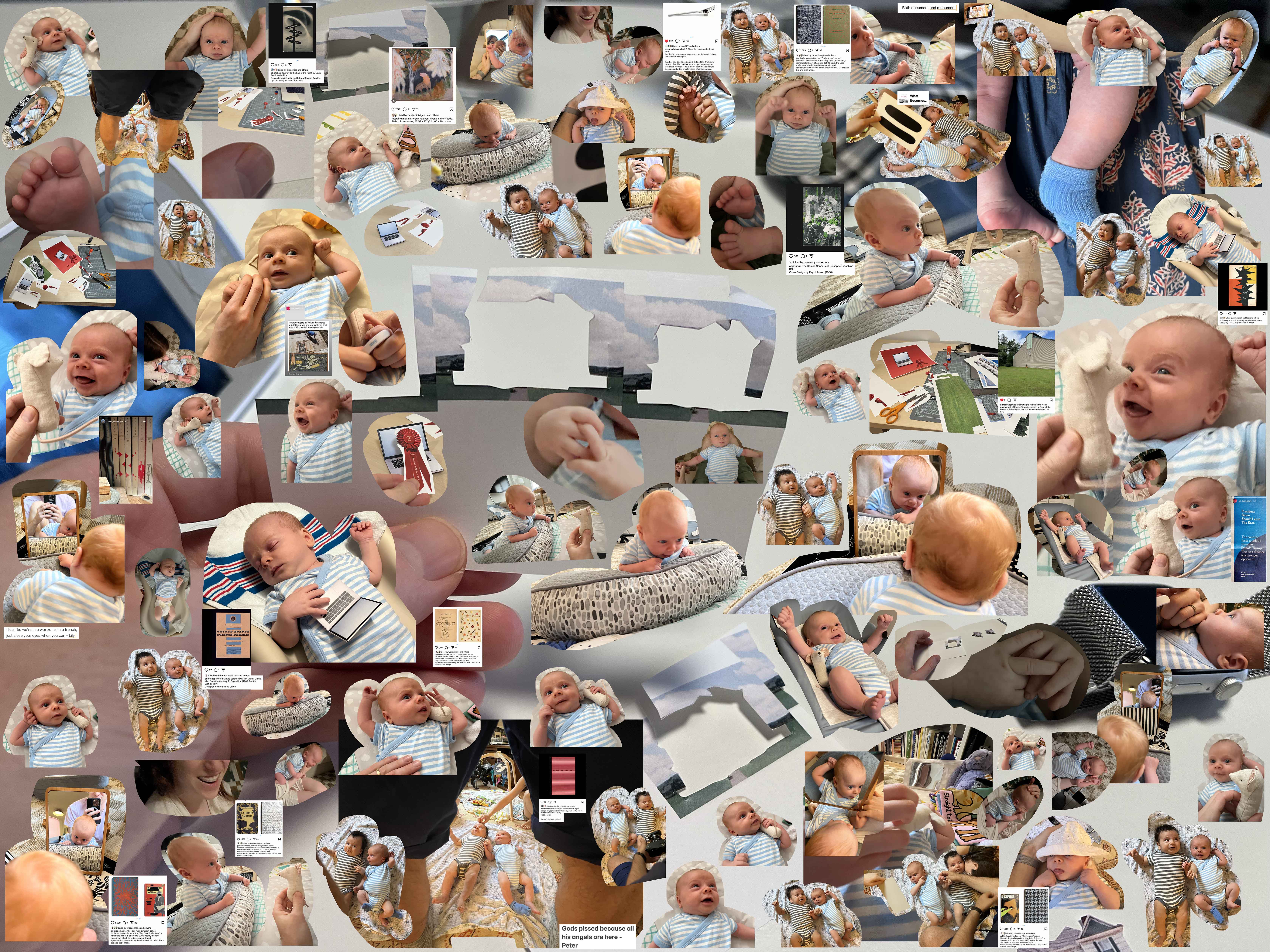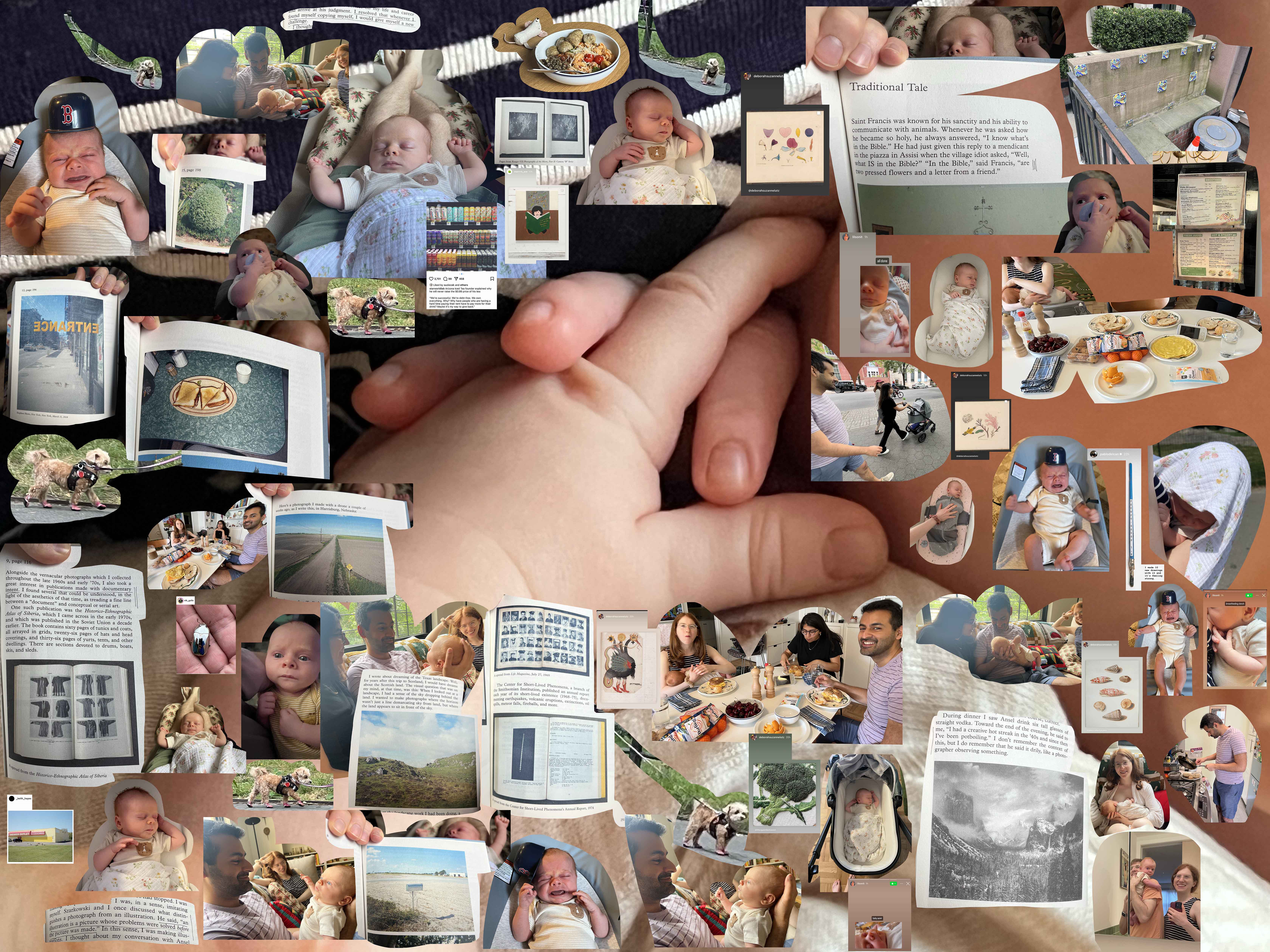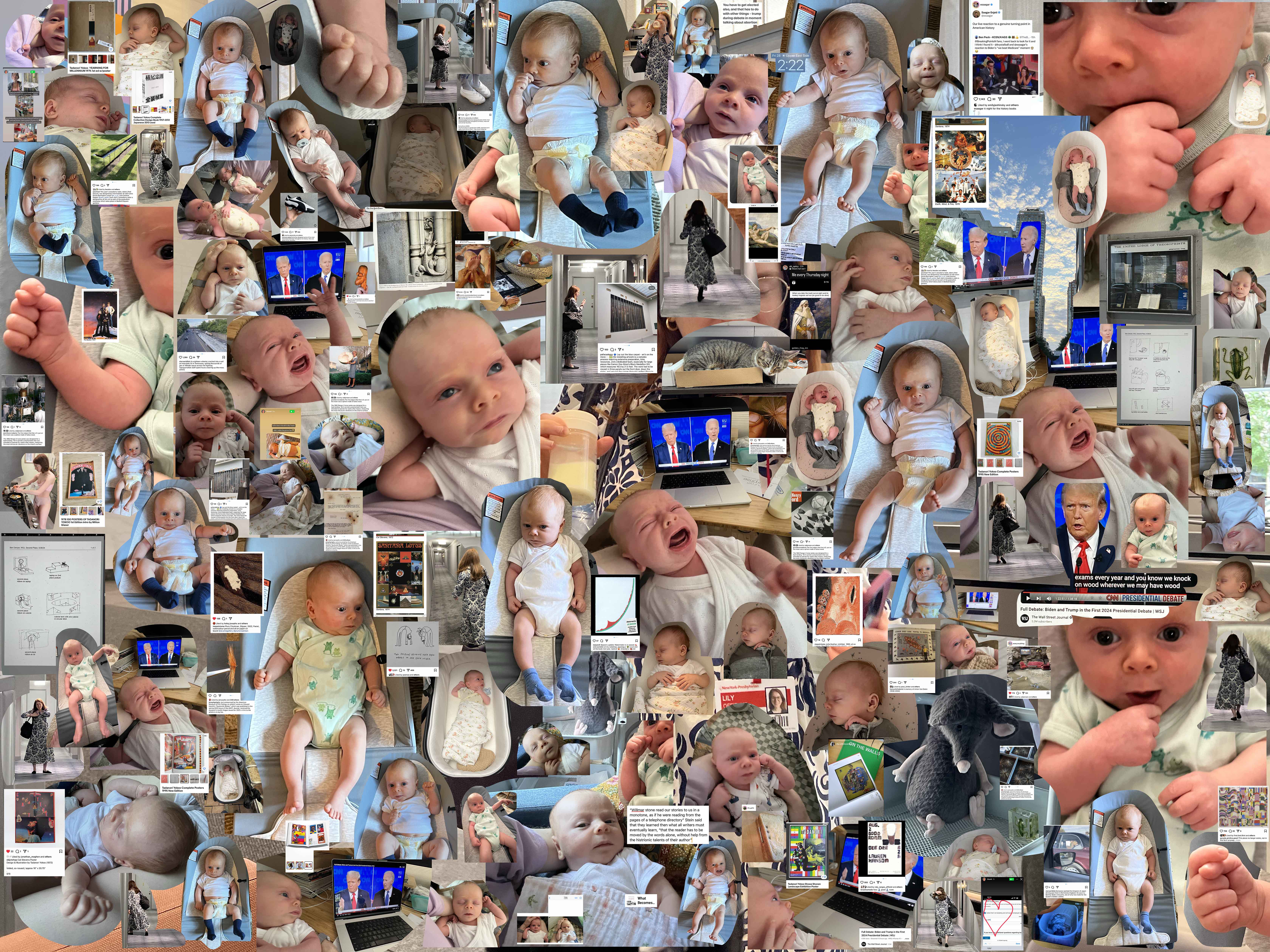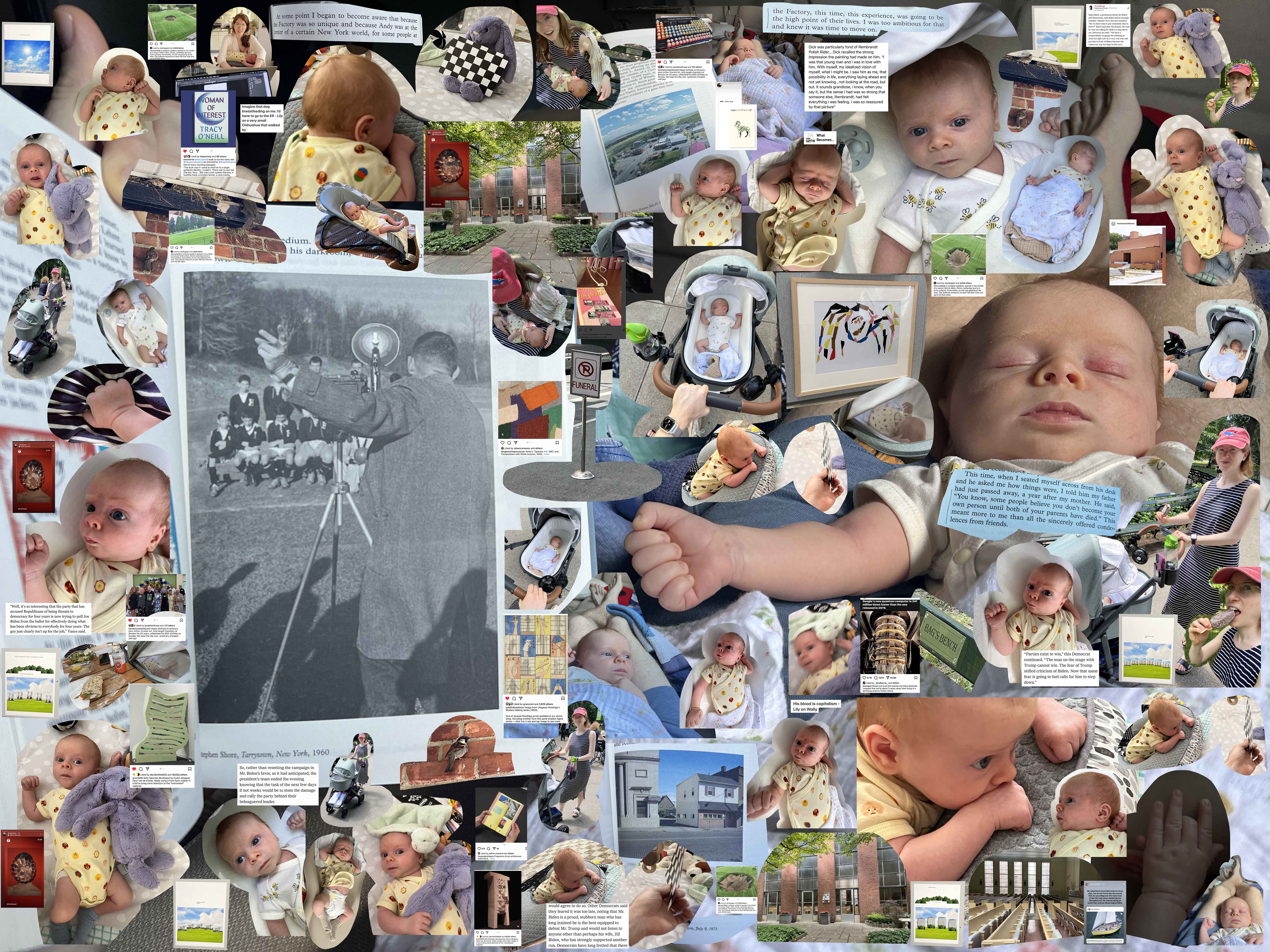Tuesday, July 16, 2024
Mr. Trump also briefly described his recent call with President Biden and said he had asked about the near miss of the bullet in Pennsylvania. “It was very nice, actually,” Mr. Trump said. “He called me, and he said, ‘How did you choose to move to the right?’”
— Rebecca Davis O’Brien and Jonathan Weisman, "In Leaked Phone Call, Trump Tries to Coax Kennedy Into His Camp," The New York Times
Monday, July 15, 2024
And in the introduction Szarkowski offers a simple insight about photography that is hard to argue with, "It is easier for an old photograph to be interesting than it is for a new one," he writes, "to show clearly the life of our own time and place demands acute perception, for our eyes grow accustomed to everyday miracles, but it would seem that the pictures in an old album need only to have been sharply focused and clearly printed in order to reveal the sense and spirit of their past time."
— Philip Gefter, What Becomes a Legend Most: A Biography of Richard Avedon
Sunday, July 14, 2024
Unfortunately, to repeat once again, the clarity of Avedon's reading of the cultural mood, the depth of his intentions, and the quality of his work, were too often obscured in the glare of his own self mythologizing tendencies. The flash and the glitz of Nothing Personal undermined its credibility, and Avedon's need to include too much of his work exhausted the book's potential for cohesion.
— Philip Gefter, What Becomes a Legend Most: A Biography of Richard Avedon
Saturday, July 13, 2024
A photo captured the bullet that grazed Trump's ear. He turned his head moments before. If he didn't it would have struck the back of his head.
— @starworldlab
Friday, July 12, 2024
"All my portraits are self-portraits," Dick was fond of saying, and there is truth in that about his portraits, as well as about the nature of all portraiture, whether in painting, photography, or even biography.
— Philip Gefter, What Becomes a Legend Most: A Biography of Richard Avedon
Thursday, July 11, 2024
“The audience’s brain does the cooking and keeps seeing relationships,” he says.
— Alissa Wilkinson, "‘Eno’ Review: Creativity, 52 Billion Billion Ways," The New York Times
Wednesday, July 10, 2024
You've probably seen the phrase Al slop already, the term most people have settled on for the confusing and oftentimes disturbing pictures of Jesus and flight attendants and veterans that are filling up Facebook right now. But the current universe of slop is much more vast than that. There's Google Slop, YouTube slop. TIkTok slop. Marvel slop, Taylor Swift slop, Netflix slop. One could argue that slop has become the defining "genre" of the 2020s. But even though we've all come around to this idea, l haven't seen anyone actually define it. So today I'm going to try.
Content slop has three important characteristics. The first being that, to the user, the viewer, the customer, it feels worthless. This might be because it was clearly generated in bulk by a machine or because of how much of that particular content is being created.
— Ryan Broderick via @jenniferxdaniel
Tuesday, July 9, 2024
WIFE IS MAKING QUARTERS OF HERSELF
— Flyer by Alan Wagner via @welcome.jpeg
Monday, July 8, 2024
He was photographing the medium of photography as much as he was photographing the subject before the camera.
— Philip Gefter, What Becomes a Legend Most: A Biography of Richard Avedon
Sunday, July 7, 2024
Work grows out of work.
— Stephen Shore, Modern Instances
Saturday, July 6, 2024
It's not like we're throwing mom out, it's just her things.
— C*
Friday, July 5, 2024
We did it Joe.
— Lily whispering to me as I put Wally over my shoulder and he did a big poop
Thursday, July 4, 2024
How you spend your days is how you spend your life.
— @harshalduddalwar
Wednesday, July 3, 2024
Authentic teak from Surrender Deck USS Missouri (BB 63) Tokyo Bay - September 2, 1945
Fleet Admiral Chester Nimitz signs the surrender document.
— Lucite block with wood fragment
Tuesday, July 2, 2024
1972 Chicago Stock Exchange Building Lucite Block Souvenirs
— eBay listing
Monday, July 1, 2024
I'd rather be a sparrow than a snail.
— Simon & Garfunkel, "El Condor Pasa (If I Could)"
Sunday, June 30, 2024
Both document and monument.
— Philip Gefter, What Becomes a Legend Most: A Biography of Richard Avedon
Saturday, June 29, 2024
Szarkowski and I once discussed what distinguishes a photograph from an illustration. He said, "an illustration is a picture whose problems were solved before the picture was made."
— Stephen Shore, Modern Instances
Friday, June 28, 2024
And, you know, we knock on wood, wherever we may have wood.
— Donald Trump, CNN Presidential Debate
Thursday, June 27, 2024
This time, when I seated myself across from his desk and he asked me how things were, I told him my father had just passed away, a year after my mother. He said, "You know, some people believe you don't become your own person until both of your parents have died." This meant more to me than all the sincerely offered condolences from friends.
— Stephen Shore, Modern Instances
